An interview with the Greek industrial designer Athanasios Babalis about Greek design, sustainability, and the future of the industry. Athanasios Babalis is an award-winning industrial designer based in Thessaloniki, Greece. He studied product and furniture design at the London Metropolitan University and at the Royal College of Art in London, England. His professional career started in London as a freelance designer and continued in New York where he worked for seven years before returning to Thessaloniki where he opened his design studio. He is currently the co-founder of Shibui with fellow designer Contantinos Hoursoglou and the Art Director of Yfos | A. Lamboudis & Co.
How did you decide to become and industrial designer? When I was 20 years old (in 1985) I arrived in London in search of a master’s degree in Naval Architecture. A friend of mine mentioned that he had seen an interesting alumni exhibition at a small East End college, then known as the London College of Furniture. I visited the exhibition and I was left speechless, as it was my first ever encounter with this particular field of applied arts. I fell in love with industrial design straight away, in a passionate and eventually decisive way.
Many countries have distinctive design styles, such as for example the Scandinavian ones. Would you say that Greek design has a particular style or is it rather part of the globalized industrial production? I don’t think that Greek design has a distinctive style as yet. However, the recent projects of young Greek designers have some common characteristics that could lay the foundations for a Greek design movement in the future. Besides, a movement requires a large number of products to be developed by designers and companies to be defined as such, which is not the case yet for Greece.
Many Greek designers and creative professionals feel isolated from the rest of the world living in Greece. However, despite being a small country, we benefit from many advantages compared to others and in theory we have access to the whole world through Europe. Why do you think that is the case and how could it be changed? A designer exists only through his partners and clients. At a first level, we are far from Europe’s geographical center and hence far from our potential partners. At a second level, we should compare Greece’s production and extraversion – almost non-existent – to that of Europe’s productive countries, which have already established a certain profile in this field. Greek companies are still copying those of abroad. They have only recently started to realize – at a rather slow pace – the importance of design and innovation in production, and hence support design professionals. I really hope this could be the start of something better.
In some applied arts fields, such as, for example, graphic and web design, it’s easier to find customers in Europe using their (digital) medium, whereas using 3D design for products is not as self-evident. Design graduates from Greek schools should move abroad in order to work and develop their design skills.
You spent many years studying and working abroad. How did that affect your professional development? I was very lucky to study and work abroad, for a total of almost fifteen years. Already as a student, I was given the chance to work with big companies and acquire the experience, technical knowledge and culture necessary in order to carry out the projects I undertook. There are many opportunities offered abroad. For example, had I not been in New York in 1999, I wouldn’t have had the chance to participate in the design of the Tricentennial anniversary edition of the renowned Steinway piano.
Can industrial design make our lives better? Of course! Usability, aesthetics (and reasonable prices) are all characteristics of the products that affect our everyday lives. A product is a tool with a physical presence and hence aesthetic. The main goal for a designer is to improve its usability and make it work even better. At the same time, good aesthetics should make it even more desirable.
In your work, you incorporate the concept of re-use for packaging design and other products. However, protecting the environment doesn’t seem to be common practice in the field of industrial design (e.g. through the exclusive use of environmentally friendly materials and processes). Do you think that such a target is still far from being met? …We are still far from that, unfortunately. The burden of responsibility lies with all of us (designers-makers and consumers).
Is there a designer that you admire for his work and has influenced your designs? There are many designers that I admire. Each has a particular skill that defines him. What I really appreciate in product design is honesty and a balance between ingenuity / usability / aesthetics. There are many at the top of my list that I could mention, but I’d rather refer only to Vico Magistretti, who was also my professor at the Royal College of Art. Our acquaintance and collaboration were absolutely decisive in determining the direction of my work.
You have won many awards for your work. Do you think that winning awards is important for a designer’s publicity and emergence? Awards are always important, especially when the jury consists of well-respected professionals. Awards make a designer’s work widely known, so their role is important. However, in my opinion, many contests / awards are not organized in the right way. The registration fees for important contests in our field, such as for example the Red Dot Awards, are really expensive (i.e. 800 euros or more) compared to other fields. If one does win an award, apart from the personal expenses required to take part in the ceremony, he also needs to pay an additional 2,000 euros to receive it. In other words, the companies organizing the ceremonies aim at making an important profit out of them, operational costs aside, which I don’t necessarily find fair. In addition, their cost ultimately defines the number of competitions that a design studio can take part in, depending on its budget.
Would you be interested in exploring different areas of Design, such as for example Graphic or Fashion Design? No. I think that there are still many things left for me to explore in my own field, Industrial Design. I would be very interested in designing more product packaging for mass production, in order to promote re-use and environmental thinking in a natural way. I would also be interested in designing products that promote Greece’s history in a simple and smart way.
Your collaborations with other designers have yielded very successful results. However, Greek designers generally tend to lack a collaboration ethic. Why do you think that is the case and how could it change? I think that collaborations are rather difficult in many professional fields and especially in design, simply because the idea/concept ownership issue will always turn up. The birth of an idea is something that most creative people lay claim on all around the world, and not only in Greece.
I personally realized early in my career that collaborations can produce many interesting and positive outcomes (and lessons) for everyone involved, as long as the partners are patient and respectful towards one another. I think that it was through collaborations that I matured as a designer. All collaborations are of course much easier when the respective areas of expertise are complementary. In the end, it all comes down to the partners’ mutual respect and appreciation.
For Industrial Design to develop, it’s important that businesses realize the need to incorporate it as a central element in their production processes. To what extent is that happening in Greece? As we all know, Greek production and businesses become fewer or smaller day-by-day, with only a few exceptions. To a large extent, that’s due to their lack of extraversion and therefore lack of strategic planning. A business needs to plan all its activities in order to develop. Industrial Design in Greece is still in its infancy. There has been some bustling activity in the field of design recently, which we all hope will result to a new era for Industrial Design in Greece. It’s a train that no one wants to miss, because it will probably never turn around!
What would you advise someone who wants to become a designer? To only do so if he really loves it.
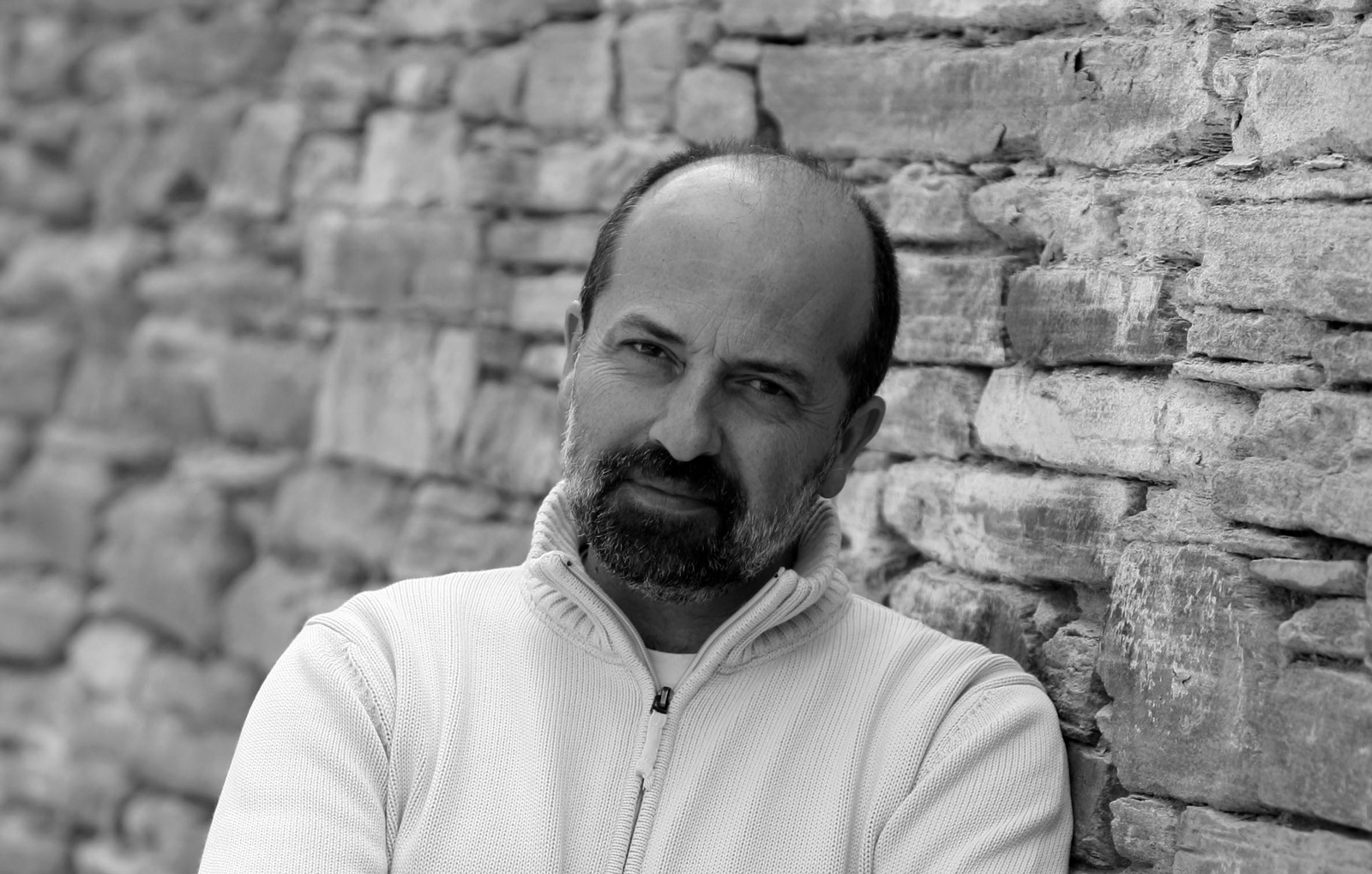

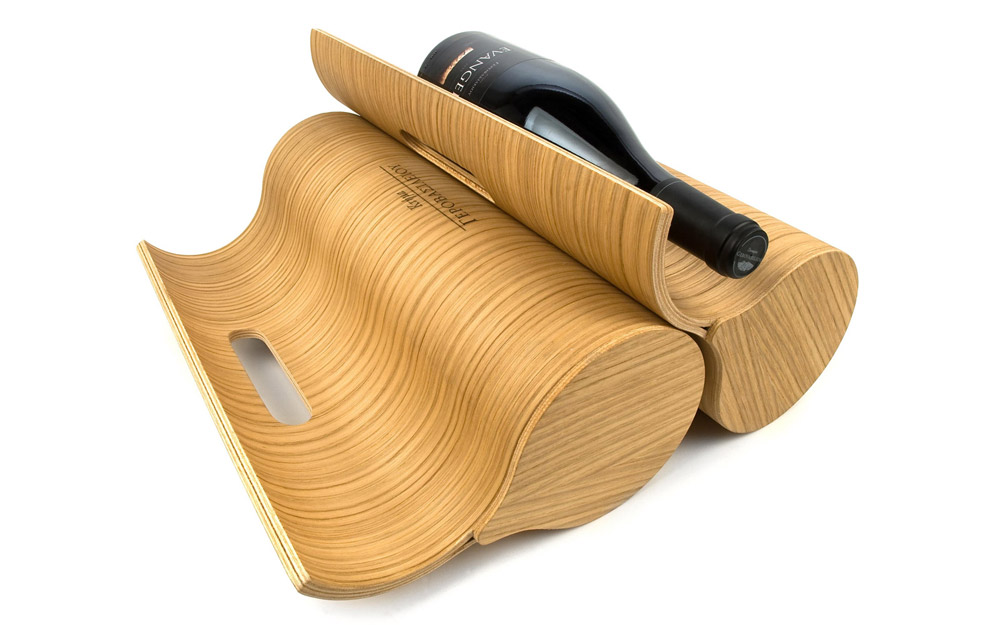
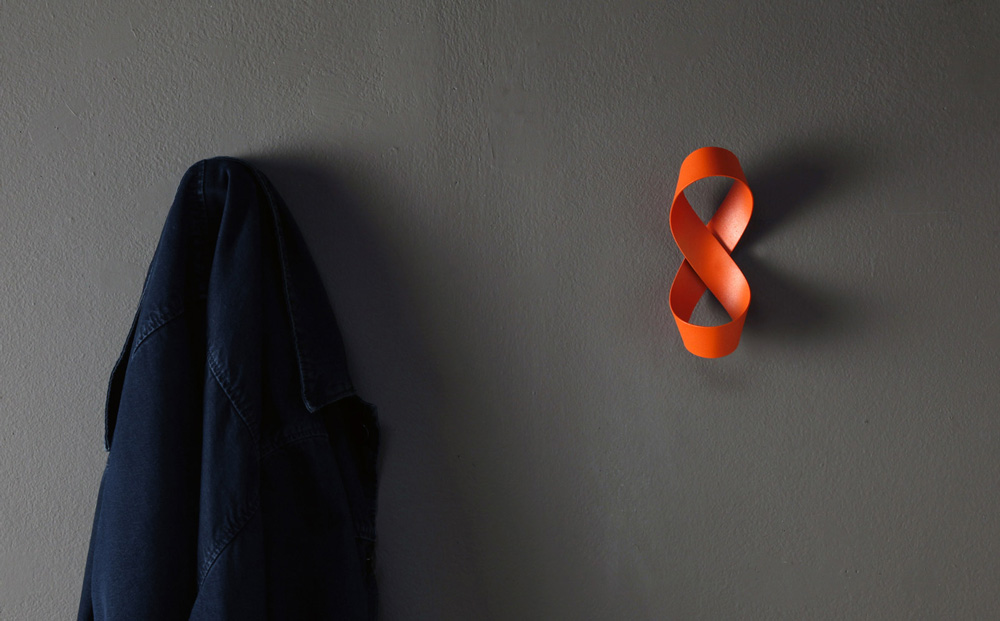
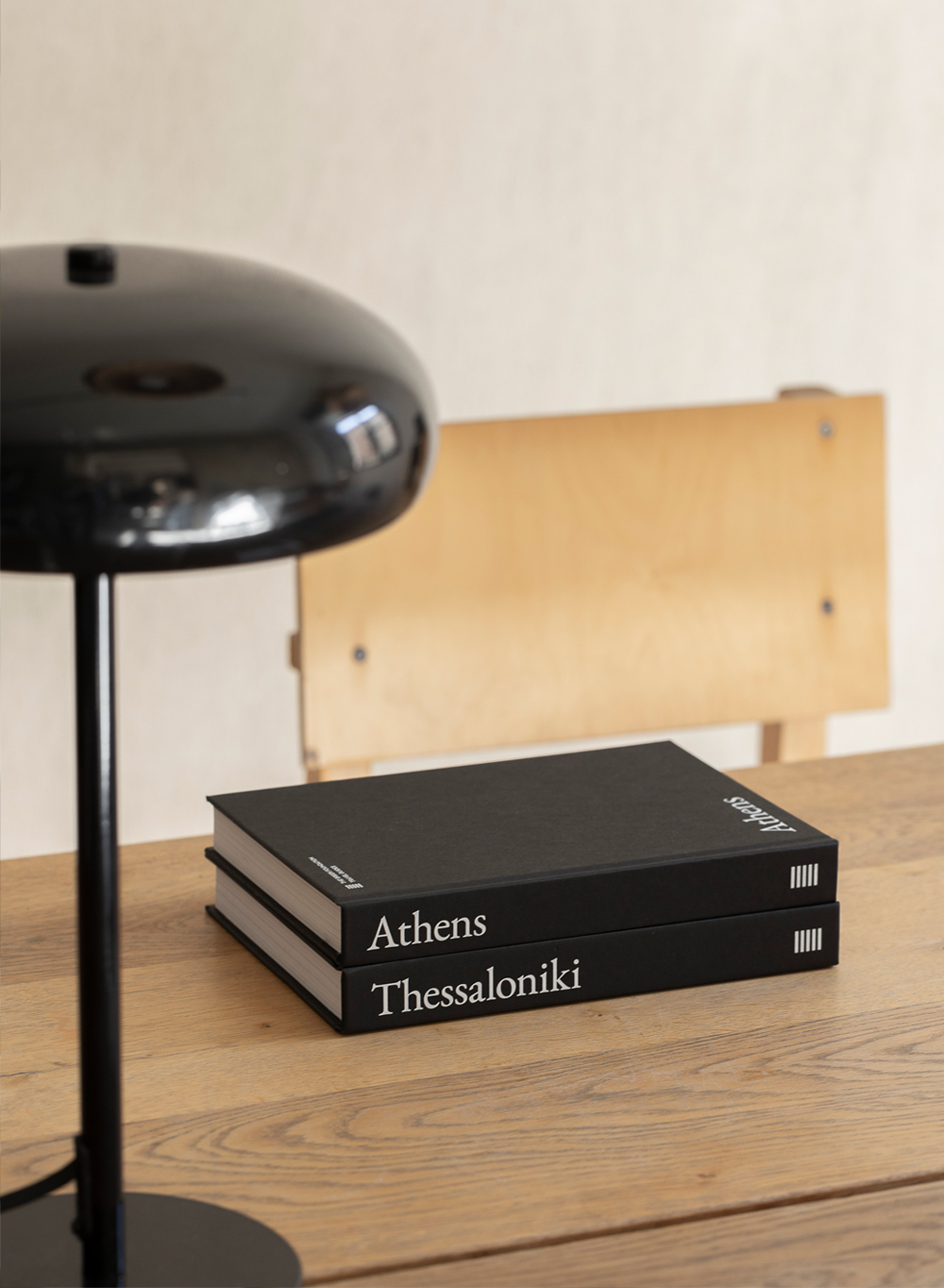
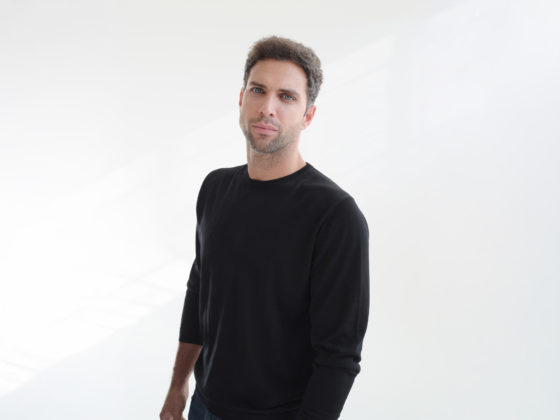
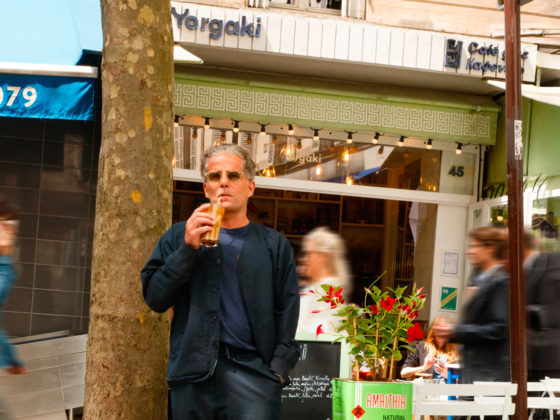
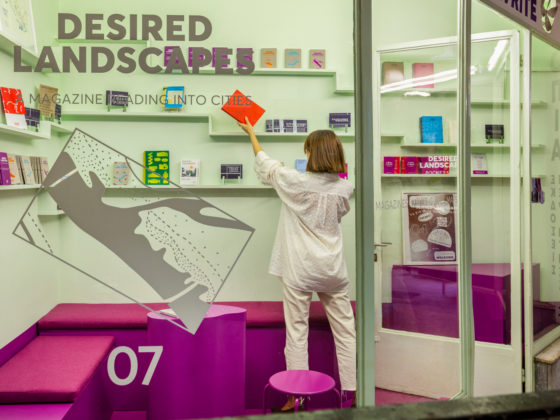
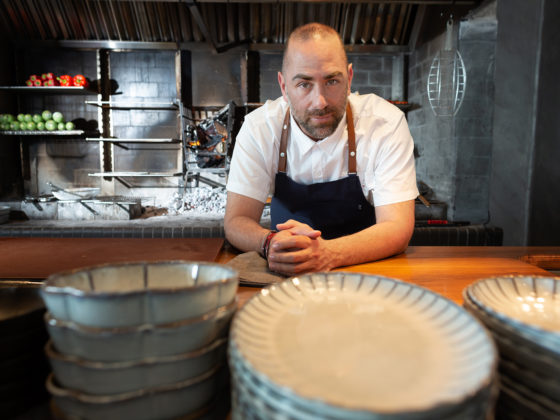
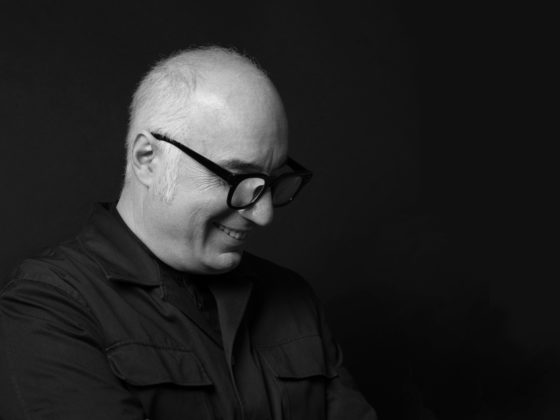

Comments are closed.